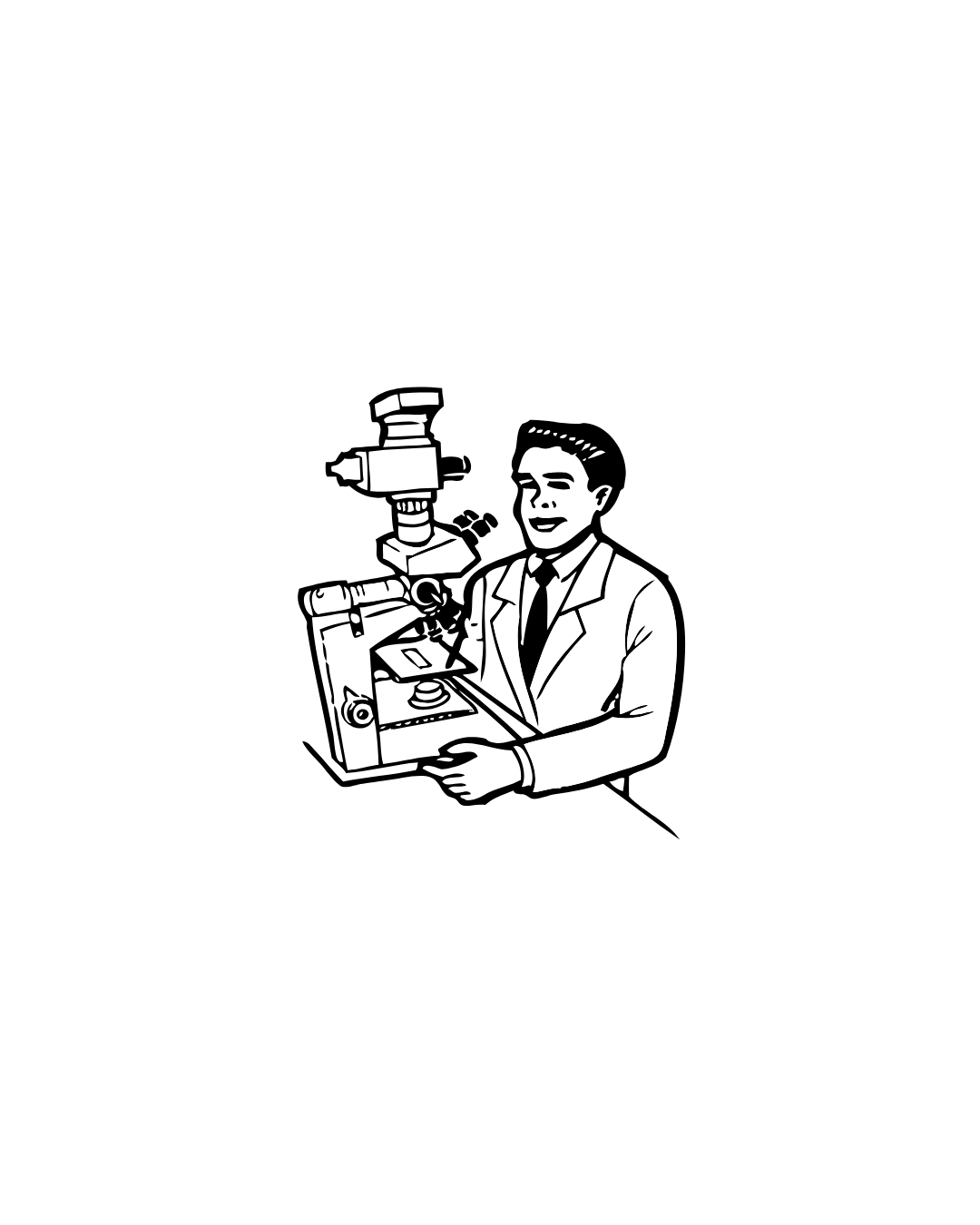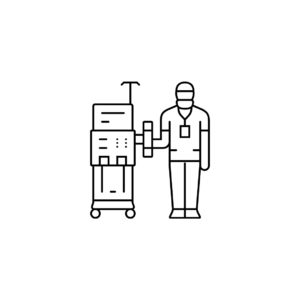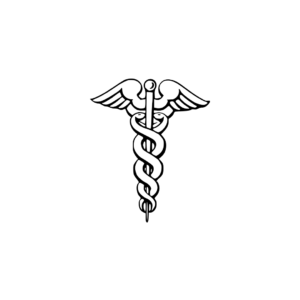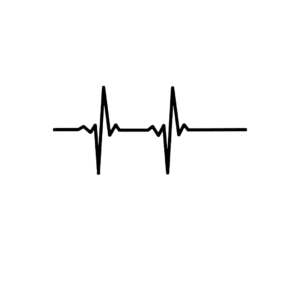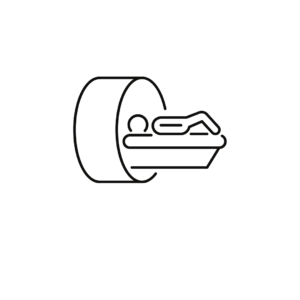Description
Overview of Diploma in Medical Laboratory Technology (MLT)
The Diploma in Medical Laboratory Technology (MLT) program trains students to perform laboratory tests that are crucial for diagnosing diseases and monitoring health conditions. Medical laboratory technologists (or technicians) work in various settings, including hospitals, clinics, and research laboratories, employing scientific principles to conduct tests on blood, tissues, and other body fluids. This program provides students with a strong foundation in laboratory skills, techniques, and procedures, along with knowledge of the medical field.
Core Areas of Study in the Medical Laboratory Technology Program
Introduction to Medical Laboratory Technology
Overview of the role of MLTs in healthcare, including laboratory practices and the importance of laboratory testing in patient diagnosis and treatment.
Human Anatomy and Physiology
Study of the structure and function of the human body and the systems relevant to laboratory testing, including circulatory, respiratory, and digestive systems.
Clinical Chemistry
Principles and procedures for analyzing bodily fluids for chemical components, such as electrolytes, enzymes, and hormones.
Hematology
The study of blood, its components, and the techniques for analyzing blood samples, including complete blood counts (CBC) and coagulation tests.
Microbiology
Understanding microorganisms’ role in disease, including culturing and identifying bacteria, fungi, and parasites through various laboratory techniques.
Immunology and Serology
Study of the immune system and the principles of serological testing used to diagnose infections and autoimmune diseases.
Pathology
Examination of tissue samples and understanding pathological processes, including the recognition of disease states through biopsies and cytology.
Quality Assurance in the Laboratory
Importance of maintaining quality control and assurance in laboratory settings, ensuring the accuracy and reliability of test results.
Laboratory Safety and Ethics
Training in safety protocols, including handling hazardous materials and understanding the ethical considerations in laboratory practices.
Curriculum Structure
A typical Diploma in Medical Laboratory Technology program may include:
Core Courses: Fundamental subjects covering anatomy, clinical chemistry, hematology, microbiology, and laboratory safety.
Laboratory Practice: Hands-on training in conducting laboratory tests, using equipment, and applying techniques for sample analysis.
Clinical Rotations: Practical experience in hospitals or diagnostic labs, allowing students to apply theoretical knowledge in real-world settings under supervision.
Elective Courses (if applicable): Options may include specialized topics like blood bank technology or advanced microbiology.
Capstone Project or Internship: A final project or clinical experience emphasizes the integration of skills and knowledge in laboratory practices.
Admission Requirements
Admission to a Diploma in Medical Laboratory Technology program typically requires:
A high school diploma or equivalent, with strong emphasis on science subjects, particularly biology and chemistry.
Minimum GPA requirements may vary by institution but are generally around 2.5 or higher on a 4.0 scale.
Some programs may require letters of recommendation and a personal statement expressing the applicant?s interest in medical laboratory technology.
Skills Developed in the Medical Laboratory Technology Program
Graduates of the Diploma in Medical Laboratory Technology program will develop essential skills, including:
Technical Proficiency: Ability to perform a wide range of laboratory tests accurately using different techniques and equipment.
Analytical Skills: Proficiency in analyzing test results, ensuring quality control, and troubleshooting issues in laboratory procedures.
Attention to Detail: Capability to follow protocols meticulously to ensure the accuracy of test results and patient safety.
Patient Interaction Skills: Experience in handling patient samples respectfully and addressing their inquiries about testing procedures.
Teamwork and Communication: Skills for collaborating with healthcare teams effectively and communicating findings with physicians and other healthcare professionals.
Career Opportunities
Graduates with a Diploma in Medical Laboratory Technology can pursue diverse career paths, including:
Medical Laboratory Technologist
Performing laboratory tests and analyses, interpreting results, and ensuring the quality of laboratory operations.
Laboratory Technician
Assisting technologists in performing tests, maintaining equipment, and preparing samples for analysis.
Clinical Analyst
Involved in the analysis of laboratory data, contributing to diagnostic decision-making in clinical settings.
Quality Control Specialist
Ensuring laboratory tests meet regulatory and quality standards, implementing safety and quality assurance protocols.
Research Laboratory Technician
Supporting scientific research in laboratory settings by conducting experiments and data analysis.
Conclusion
The Diploma in Medical Laboratory Technology program equips students with the knowledge and skills necessary for a rewarding career in laboratory settings within the healthcare industry. Graduates are essential to patient care through their contributions to diagnostic testing and health monitoring. If you have any further questions about the Diploma in Medical Laboratory Technology program or related topics, feel free to ask!





